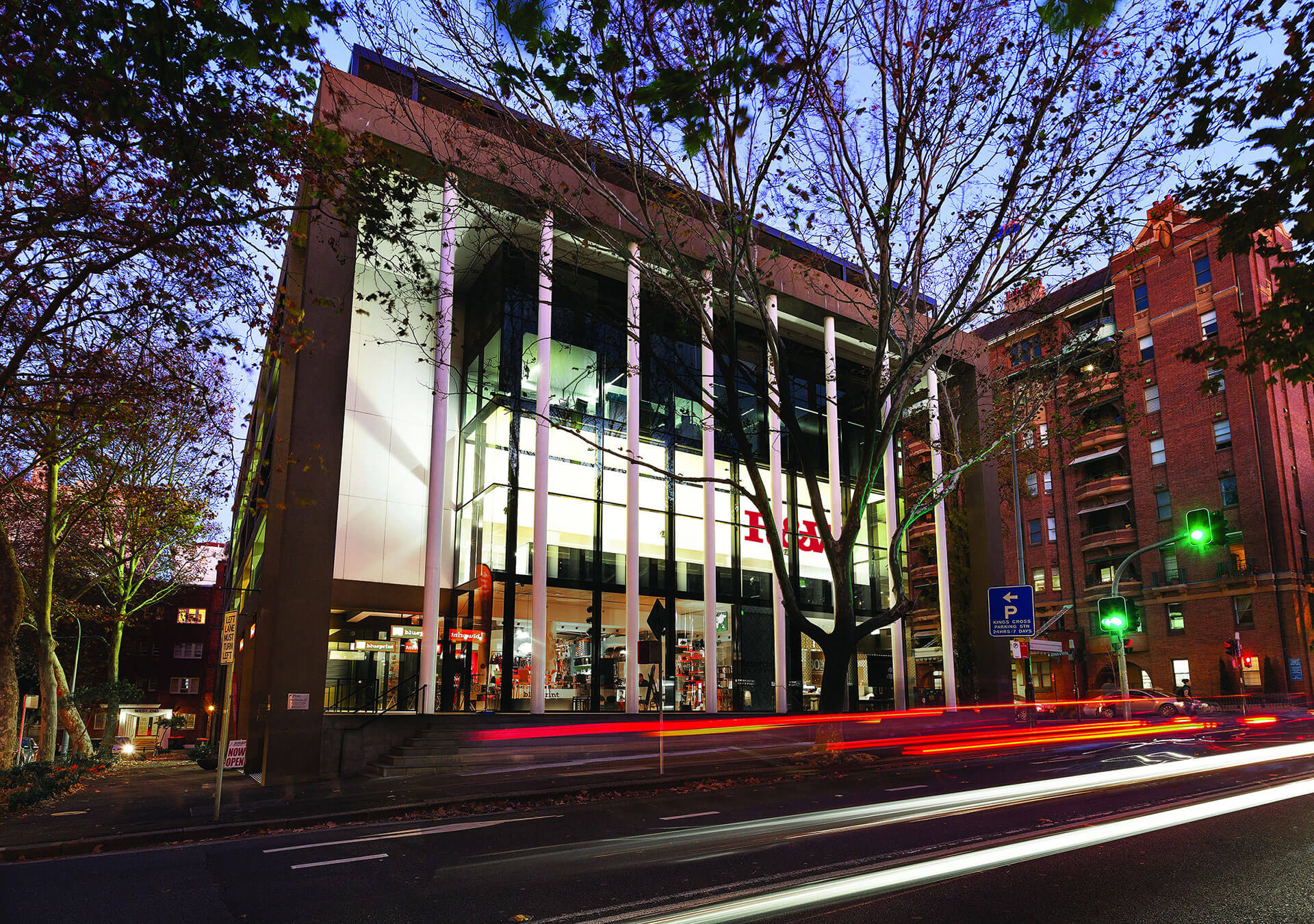A JP’s Work Is Never Done

Pamela Dunsford is a Justice of the Peace. This legal title immediately sounds important and obscure, but actually is really important. And it is also obscure:it dates back 822 years to 1195.
Richard 1 “the Lionheart” of England and his Minister commissioned knights to preserve the peace in unruly areas. They were responsible to the King for ensuring that the law was upheld and preserving the “King’s peace” and were known as “keepers of the peace”. JPs constituted a major element of the English (later British) governmental system and when English law applied in NSW from 1788 JPs were equally important acquiring powers to even hear cases. The passing of the NSW Women’s Legal Status Act 1918 (No. 50) later paved the way for the appointment of the first female Justices of the Peace.
Nowadays, they’ve forgone the shining armour and horses. Their pen is mightier than their predecessors’ sword. Their new role is administrative. They act as an independent and objective witness to documents people use for official or legal purposes. JPs can serve different roles in different jurisdictions including the Local, Family, Supreme Courts and the High Court of Australia.
They legal duties allow them to include witness oaths or affidavits, take statutory declarations and affirmations, witness signatures, attest the execution of a document and certify a true copy of an original document, especially for those unfamiliar with the language of the law. JPs don’t and can’t give legal advice.
All these are crucial to process leases, visa applications, references etc. Without these crucial documents courts and the legal system would grind to a halt. Their role is so important they are required by the Crown through the Attorney-General to take the same oath as all Supreme Court judges. Their position is honorary and their services are free.
Ms Dunsford is one of thousands of JPs in NSW. She’s been a JP for 34 years having first moved into the area about fifty years ago.
Their work is purely voluntary: they receive nothing, often working 10am to 2pm. So why do they spend hours each week performing this work?
“The most surprising thing I find is how little people generally understand about our role and their place in the legal system. We are in local libraries and council offices. I also work in the local Kings Cross Fitzroy Gardens at the Sunday markets.”
“I enjoy serving the community: it keeps me in touch with the younger generation and the digital age, keeps me busy, stimulates me and adds to my own fulfillment,” says Ms Dunsford.
Today, some documents can be verified on-line, especially overseas one, if the document can be seen and was created at its source.
JPs keep the wheels and cogs of our legal system well-lubricated and turning over handling up to 300 cases a day.
To find a local JP go to
http://www.jp.nsw.gov.au/justices-of-the-peace/finding-a-jp
By Andrew Woodhouse, Director, Heritage Solutions
Photo: Pamela Dunsford Justice of the Peace: keeping the paperwork happening





